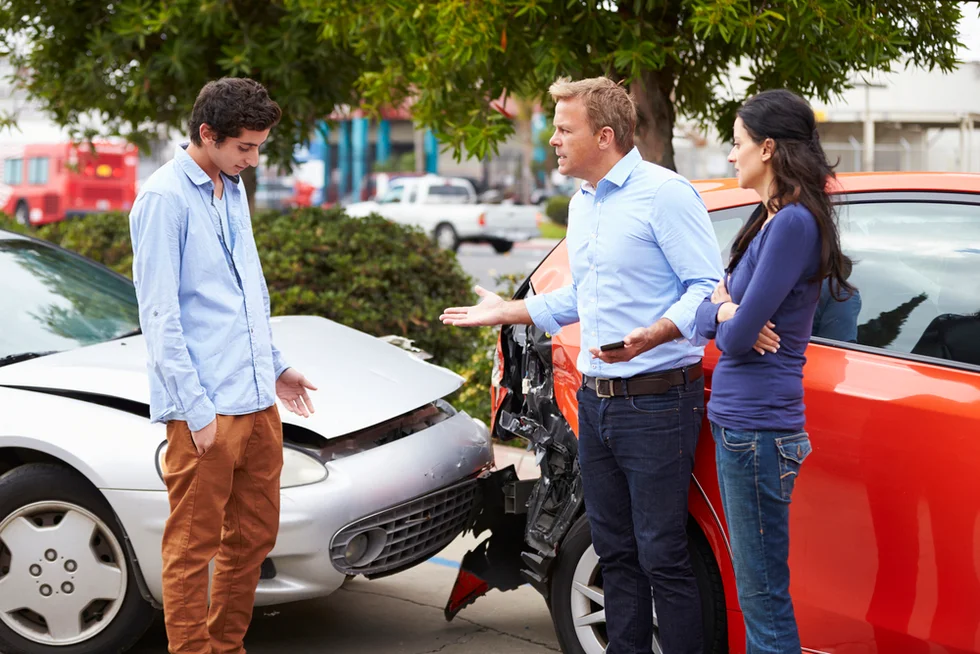California’s car accident laws play a critical role in determining liability, compensation, and legal requirements for all parties involved in an accident. Here’s a guide to understanding key aspects of these laws to help you navigate the process if you’re involved in a crash:
- Fault-Based System
- California operates under an “at-fault” or “tort” system, meaning the driver who caused the accident is financially responsible for damages. After an accident, the injured party can file a claim against the at-fault driver’s insurance for medical expenses, property damage, lost wages, and other losses.
- Comparative Negligence
- California follows a “pure comparative negligence” rule, allowing each party involved in the accident to be assigned a percentage of fault. Even if you’re partially responsible, you can still recover damages, though your compensation will be reduced by your level of fault. For example, if you’re 30% at fault, you can still recover 70% of your total damages.
- Statute of Limitations
- For personal injury claims resulting from car accidents, California law requires that you file a lawsuit within two years from the accident date. If you’re only seeking compensation for property damage, the statute of limitations extends to three years. Failing to file within this timeframe can prevent you from recovering damages.
- Insurance Requirements
- California requires all drivers to carry a minimum level of liability insurance: $15,000 for injury or death to one person, $30,000 for injury or death to more than one person, and $5,000 for property damage. Drivers can also opt for additional uninsured/underinsured motorist (UM/UIM) coverage, which can provide protection if the at-fault driver lacks sufficient insurance.
- Mandatory Reporting
- If a car accident results in injury, death, or property damage exceeding $1,000, California law requires drivers to report the accident to the Department of Motor Vehicles (DMV) within 10 days. Failure to report may lead to penalties, such as license suspension.
- Good Samaritan Law
- California’s Good Samaritan law protects individuals who provide emergency assistance at the scene of an accident from being sued, as long as they act in good faith and don’t cause further harm. This law encourages bystanders to help without fearing liability.
- Hit-and-Run Laws
- Leaving the scene of an accident, especially if it involves injuries or fatalities, is a criminal offense in California. Hit-and-run drivers may face severe penalties, including fines, license suspension, and jail time, in addition to civil liability for damages.
- Pure Economic Loss Rule
- California generally limits claims for purely economic losses—such as property damage—without accompanying physical injury or damage to personal property, except in special circumstances. Understanding this rule can help in determining the scope of recoverable damages.
Navigating California’s Car Accident Laws with Legal Support
Understanding California’s car accident laws can make a significant difference in how you approach a claim and protect your rights. Working with an experienced car accident attorney can help you navigate complex legal requirements, negotiate with insurers, and maximize your compensation.

